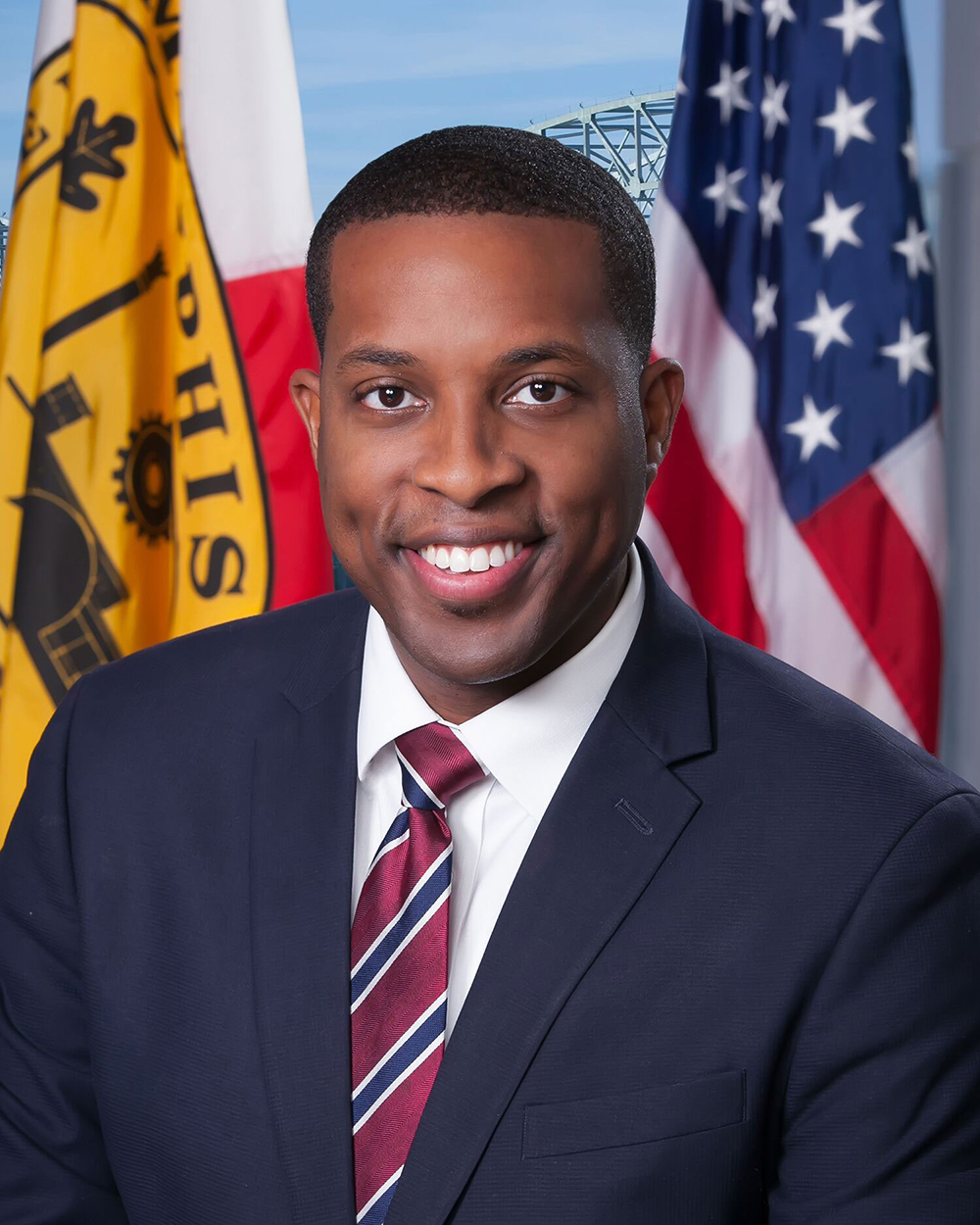It is no accident that many savants in the legal/political universe regard the 1962 Baker v. Carr decision of the U.S. Supreme Court to be second to none among landmark judicial decisions.
This decision was brought on by a suit from Charles Baker, chairman of what was then the Shelby County Court, precursor of the present Shelby County Commission. On behalf of Shelby County, rapidly urbanizing at the time, as was the nation as a whole, Baker sought relief from un-democratic districting guidelines imposed by the state of Tennessee that unduly favored the state’s rural population.
The court held in essence that the Fourteenth Amendment required that the principle of one person-one vote be applied in the determination of legislative district lines.
While the decision had immediate and lasting repercussions on determining matters of voter eligibility, both in Tennessee and elsewhere in the nation, it has by no means eliminated gerrymandering based on partisan politics (e.g. witness the Republican legislative supermajority’s strip-mining away of Democratic Party rights in Nashville’s Fifth Congressional District), nor has it much diminished the edgy relationship between urban and rural interests in policy-making.
The latter issue has flared up again in the quarrel over whether Memphis voters should be allowed to vote their preference on several gun-control measures embedded in a referendum proposed by the city council but now endangered by the action of the county Election Commission in removing it from the November ballot.
In so acting, the Election Commission — dominated 3-2 by GOP members according to state mandate — has clearly responded to overt threats from the state’s Republican leadership to withhold from the city some $78 million in state revenues, if the referendum should go through as scheduled.
This was some of the “stiff resistance” promised by House Speaker Cameron Sexton, who articulated things this way: “Local governments who want to be progressive and evade state laws will lose shared sales tax funding.” The speaker likened the city’s referendum plans to “subversive attempts to adopt sanctuary cities [and] allow boys in girls’ sports.”
Some Memphians were expressing concern that the state’s retribution could also be visited on various large local projects dependent on previously pledged state subsidies, like those involving the zoo, FedExForum, and Simmons Bank Liberty Stadium.
It is worth recalling the actual import of the endangered referendum, authorized earlier by the council’s unanimous vote. In the words of its chief sponsor Councilman Jeff Warren, “Memphis voters will be asked whether they approve amending the city’s charter to require a handgun permit, restrict the storage of guns in vehicles in many cases, ban assault weapons sales after January 1, 2025, and enact extreme risk protection orders, sometimes called Red Flag Laws.”
All the referendum would do is solicit voter opinion, it would seem. Sexton chooses to see it otherwise, as a direct challenge to state authority.
Whichever interpretation is correct, the ongoing confrontation between city and state over a host of policy matters, of which gun safety is only one, is rising to fever pitch, as evidenced the rhetoric employed last week by Council Chair JB Smiley and various supportive council members, who announced their intent to sue the Election Commission to reinstate the ballot measure.
“Memphis has been shot and is bleeding out,” said Councilwoman Jerri Green. “We won’t back down, and we damn sure won’t be bullied,” proclaimed Smiley.
Memphis Mayor Paul Young meanwhile seemed to be trying to position himself at the nonexistent calm center, saying he understood the council’s “frustration” but expressing the view that the referendum ultimately would be “futile.”
